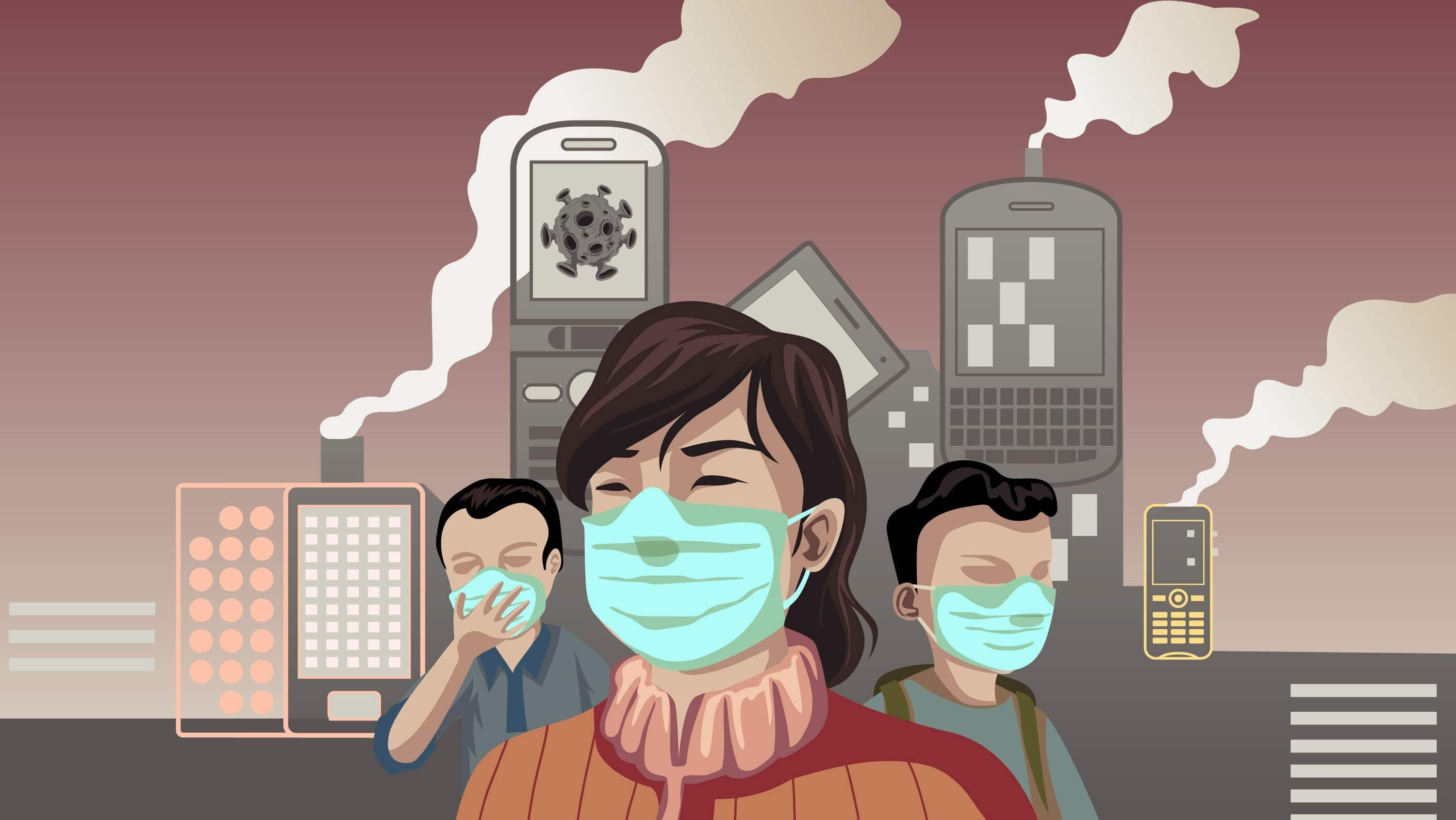Weekly Roundup 3/20/2020

The coronavirus pandemic, which has increased calls for social distancing, has resulted in the need for a change in organizational policies, particularly a growing need for telework options. For individuals new to remote work, it can be isolating to be away from colleagues, while navigating logistical challenges like irregular wifi connection and awkward video-call meetings.
To help individuals, managers, and teams to navigate tasks, Doist has shared a few ideas on ways to navigate remote work challenges. The article provides a parental survival guide while working from home, security checklist, home office upgrades, and the best habits for crafting a perfect remote workday.
Reuter's Graphics is providing readers a real-time illustration of the spread of Covid-19, showing people affected with the rising casualties since the virus broke out in China. At this moment, over 254,762 have been infected globally, with 10,451 deaths (note: by the time you read this, the numbers will be much worse).
Top weekly tech articles curated for you:
Covid-19 News Update
- To manage the narrative about Covid-19, the Chinese government moderated keywords about the virus on social media, including Tencent's WeChat, potentially preventing the public from taking steps to protect themselves. According to research by the University of Toronto's Citizen Lab, the censorship started at the initial phase of the virus in a bid to manage public sentiment.
- This Global health crisis has placed journalists at a critical point of responsible reporting. Journalists, in Seattle, have taken up the responsibility to guide their local communities with updates on school closure, how to buy groceries in a pandemic situation, and responses from health care workers, about the virus. Ryan Blethen, a health beat reporter, says it is up to the newsroom to provide crucial information during such a crisis. The New York Times is sharing its online coronavirus coverage, free to non-subscribers, but subscriptions are still up.
- Through visualization, health experts are hoping to increase awareness of the public on Coronavirus, in a bid to reduce the spread of the virus. The image used by the media to depict the virus is not a photograph, rather "an illustrated visualization," by Alissa Eckert, a medical illustrator at the U.S. Centers for Disease Control and Prevention (CDC).
- As China encourages citizens to go back to work, despite the coronavirus outbreak, it has turned to state-monitored applications, taking to data to regulate citizen's lives- dictating quarantines, and access to public spaces. Users fill a form owned by Alipay, which generates a QR code of three colors, green, yellow and red. A green code enables holders unrestricted movement, the yellow or red code holders are to report to authorities immediately. Mobility in places such as Hangzhou has become nearly impossible without showing the Alipay code.
- "Disasters do not occur in a vacuum, and to properly prepare for them—and deal with the aftermath—requires tackling the ways they are rooted in societies," argues Malka Older, about Coronavirus being a result of many bad choices. Older, a former employee of the humanitarian organization Mercy Corps, is also author of the “Infomocracy” trilogy - a must-read reimagining of democracy in an information age.
Democracy Food for Thought
- Freedom House is out with its annual report assessing the state of democracy and human rights around the world. It’s another bleak picture, and the 14th consecutive year in the decline of global freedom. In response, Freedom House “recommends enhanced civic education, legislation to crack down on corruption, and limits on the sale and use of sophisticated surveillance equipment that compromises freedom of expression and protest."
- The desire to free the internet of hate speech, child pornography, and other social ills has become an opportunity for countries, including Bangladesh, which has recently introduced laws and policies targeting government critics. Recently, Bangladeshi journalist Shafiqul Islam Kajol went missing after publishing a story on a sex-trafficking ring by lawmakers in the country.
- It's the Business Model: Online Ecosystem Should be Optimized for Public Interest
Democracies are struggling to address disinformation, hate speech, extremism, and other problematic online speech without requiring levels of corporate censorship and surveillance that will violate users’ free expression and privacy rights. The new report by Ranking Digital Rights argues that instead of seeking to hold digital platforms liable for content posted by their users, regulators and advocates should instead focus on holding companies accountable for how content is amplified and targeted. It’s not just the content, but tech companies’ surveillance-based business models that are distorting the public sphere and threatening democracy.
